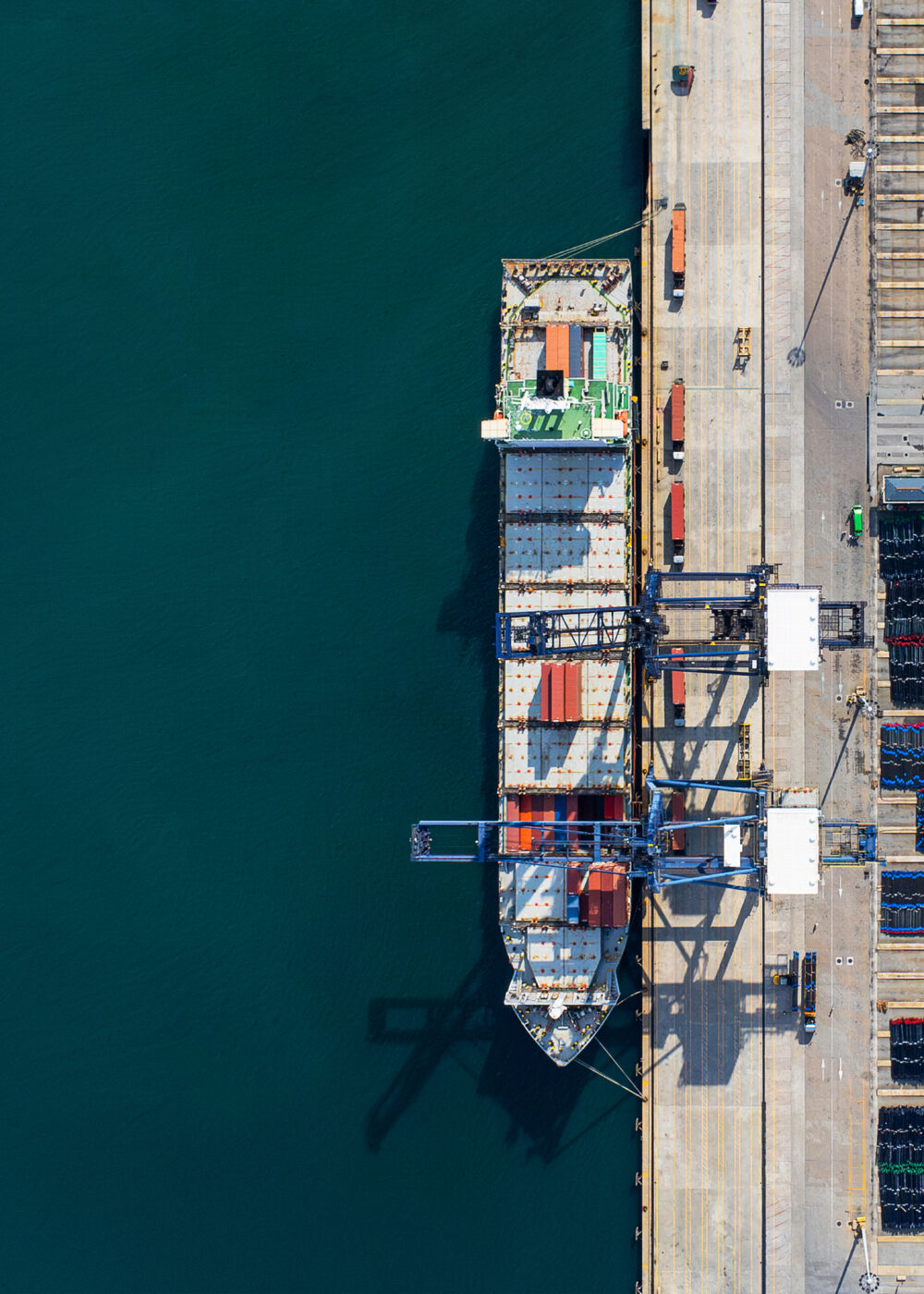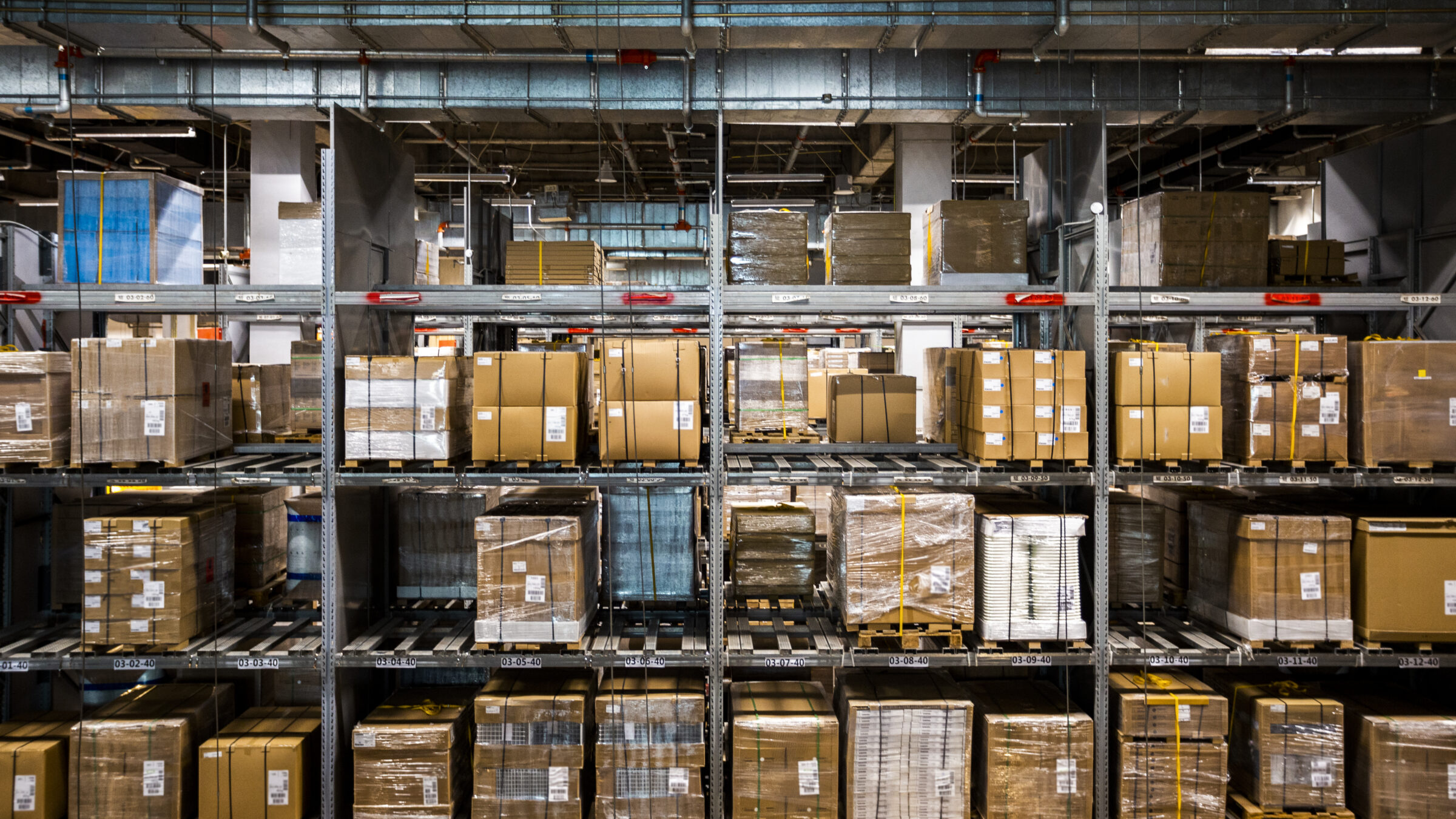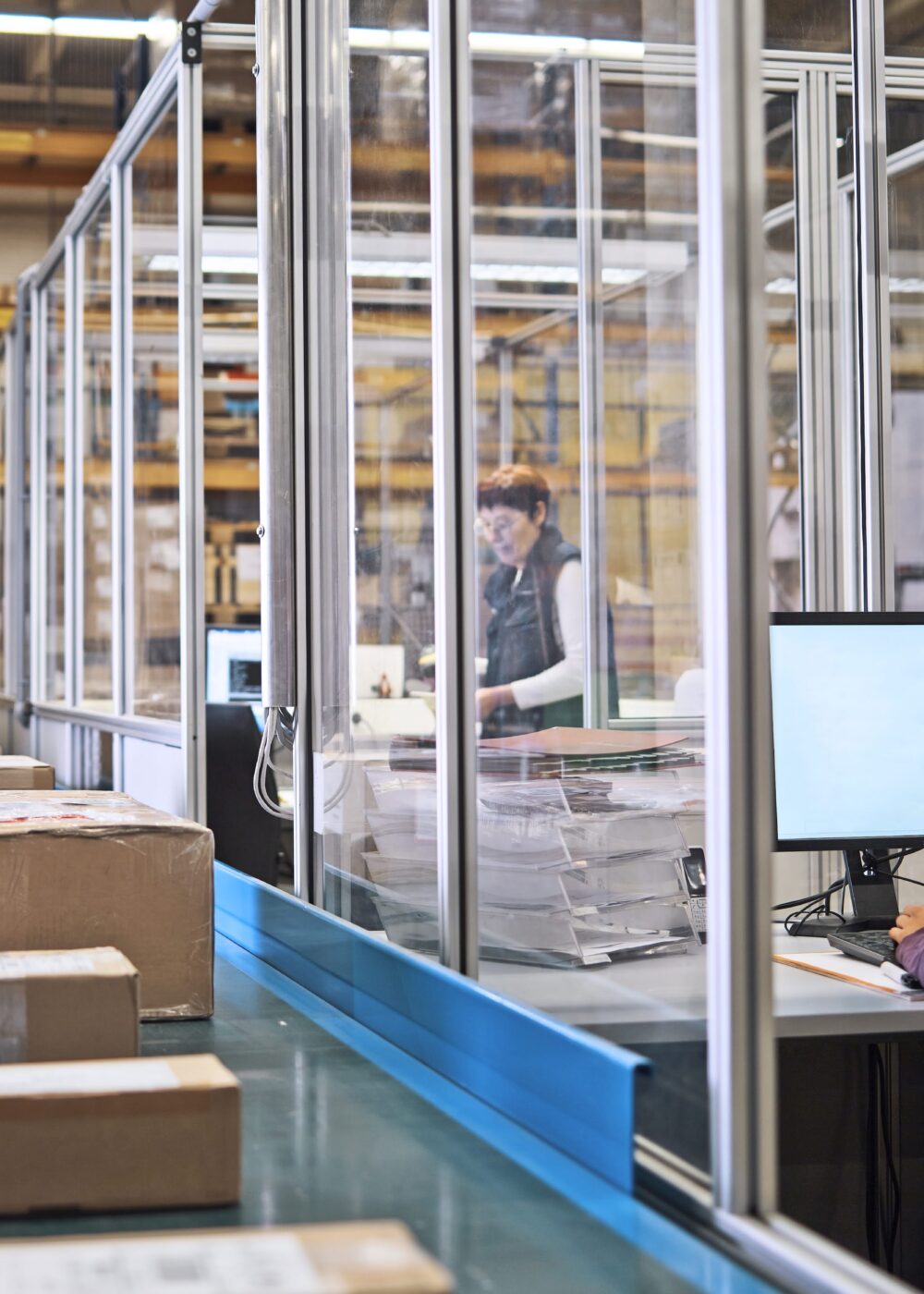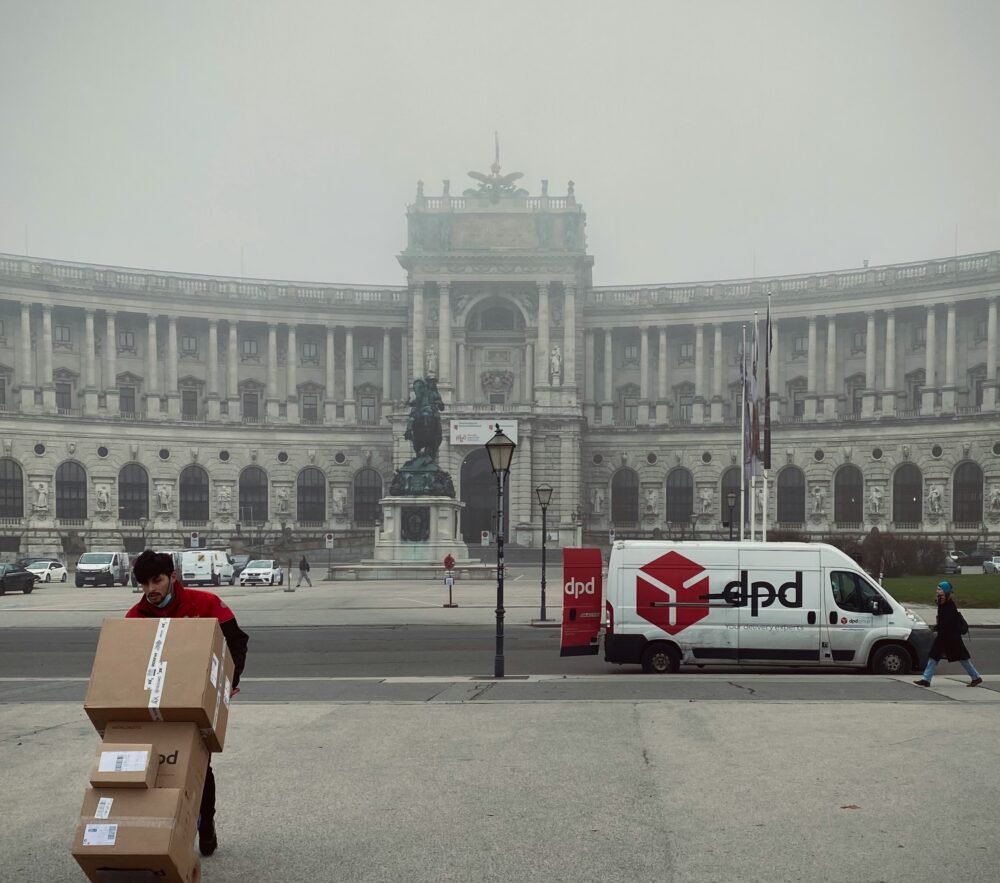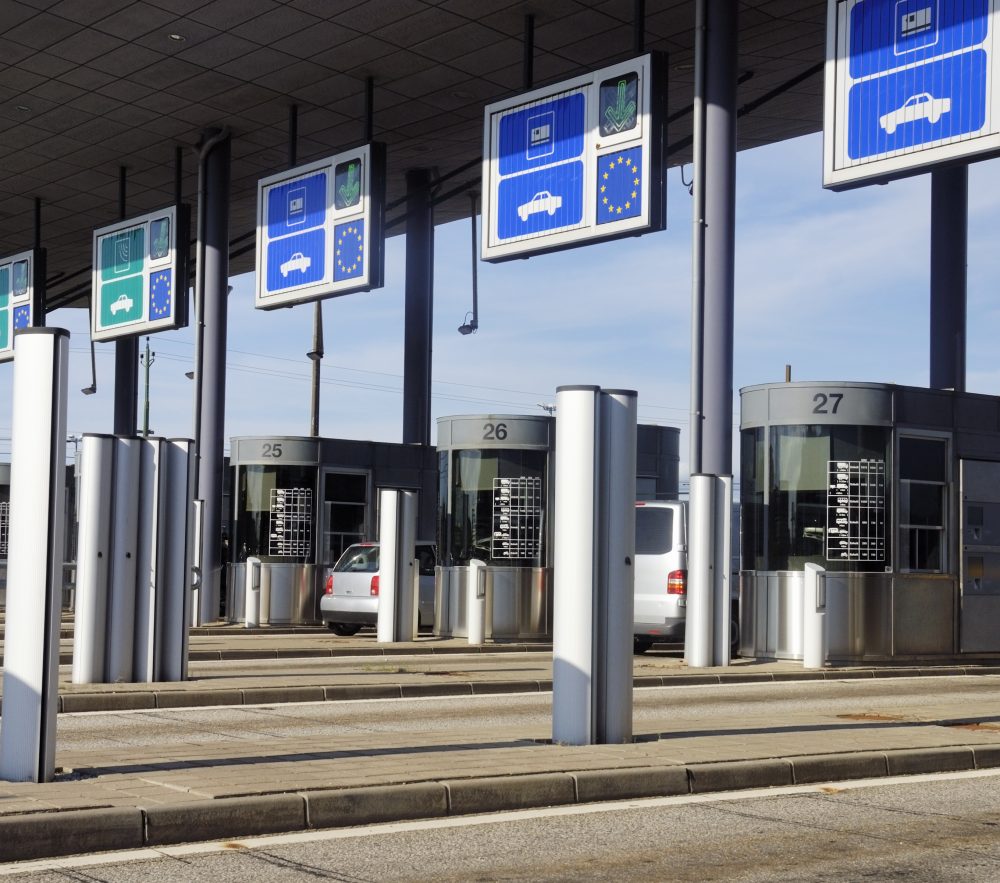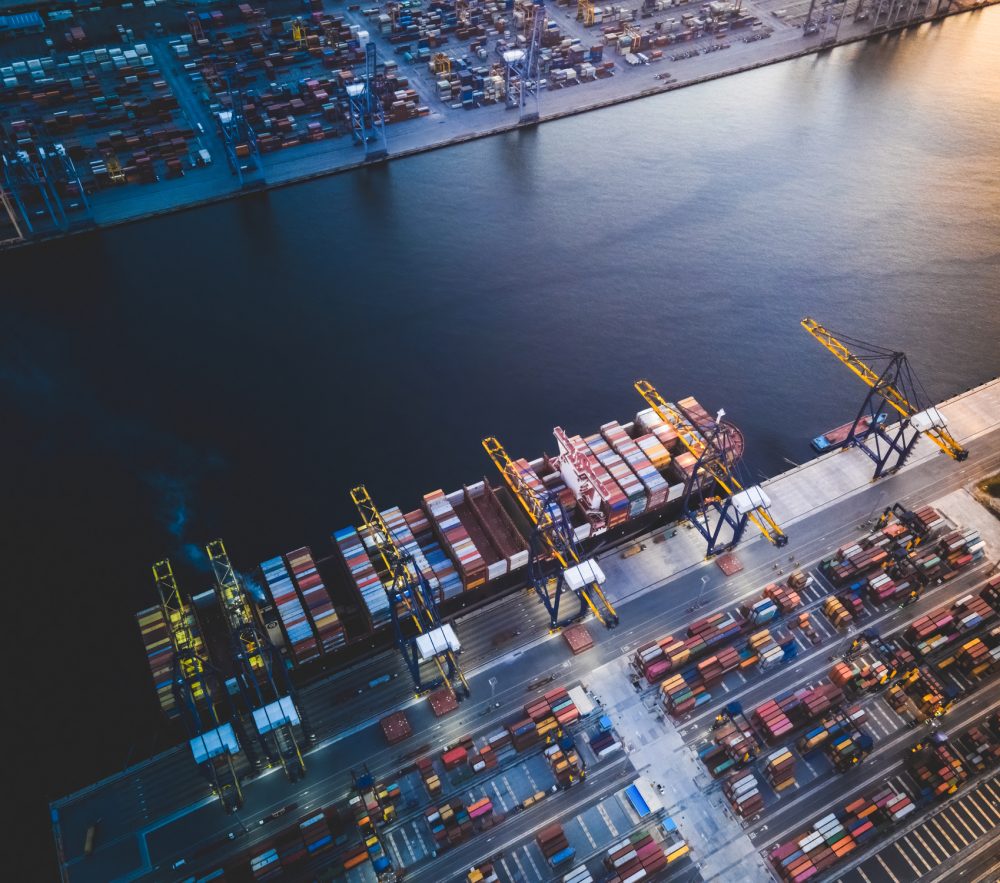Challenges
The customs domain plays a vital role in the economy and society – including revenue collection, trade facilitation, and security safeguarding. This role has become more complex and challenging today, having entered a Digital Customs era, where a diverse mix of demands needs to be met – coming from trade, legal frameworks, national & regional plans, social security, and risk management, as well as demands of a purely technical nature.
Adding to this global tendency, the EU customs territory presents its own set of hurdles: It is a complicated network of customs regulations and processes implemented through various interconnected systems, some in use for extended periods. This creates significant difficulties in maintenance and management.
Transitioning all customs formalities to fit within a new legislative and data framework demands considerable investment in technical, financial, and human resources, often not readily apparent during the initial stages of project procurement and budgeting. In addition, ensuring the security, reliability, and interoperability of the electronic systems and the quality of the data they exchange introduces yet another set of challenges, such as data protection, data quality, and data governance, resulting in more time-consuming processes and system adaptations.
Finally, such intricate projects necessitate seamless coordination and cooperation across stakeholders, including the Commission, member states, customs authorities, economic operators, and third countries. Ensuring effective communication, consultation, and collaboration mechanisms becomes paramount.
